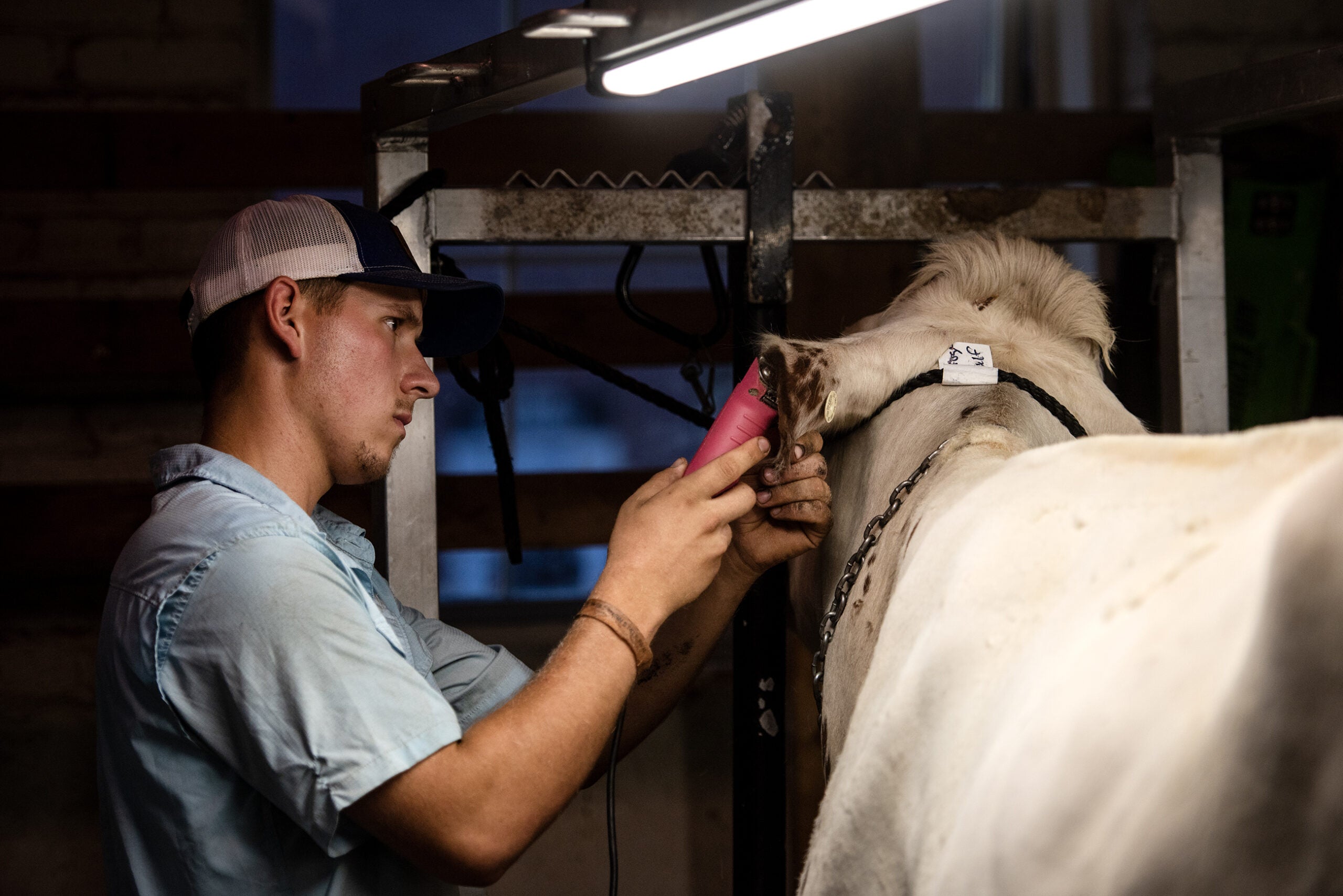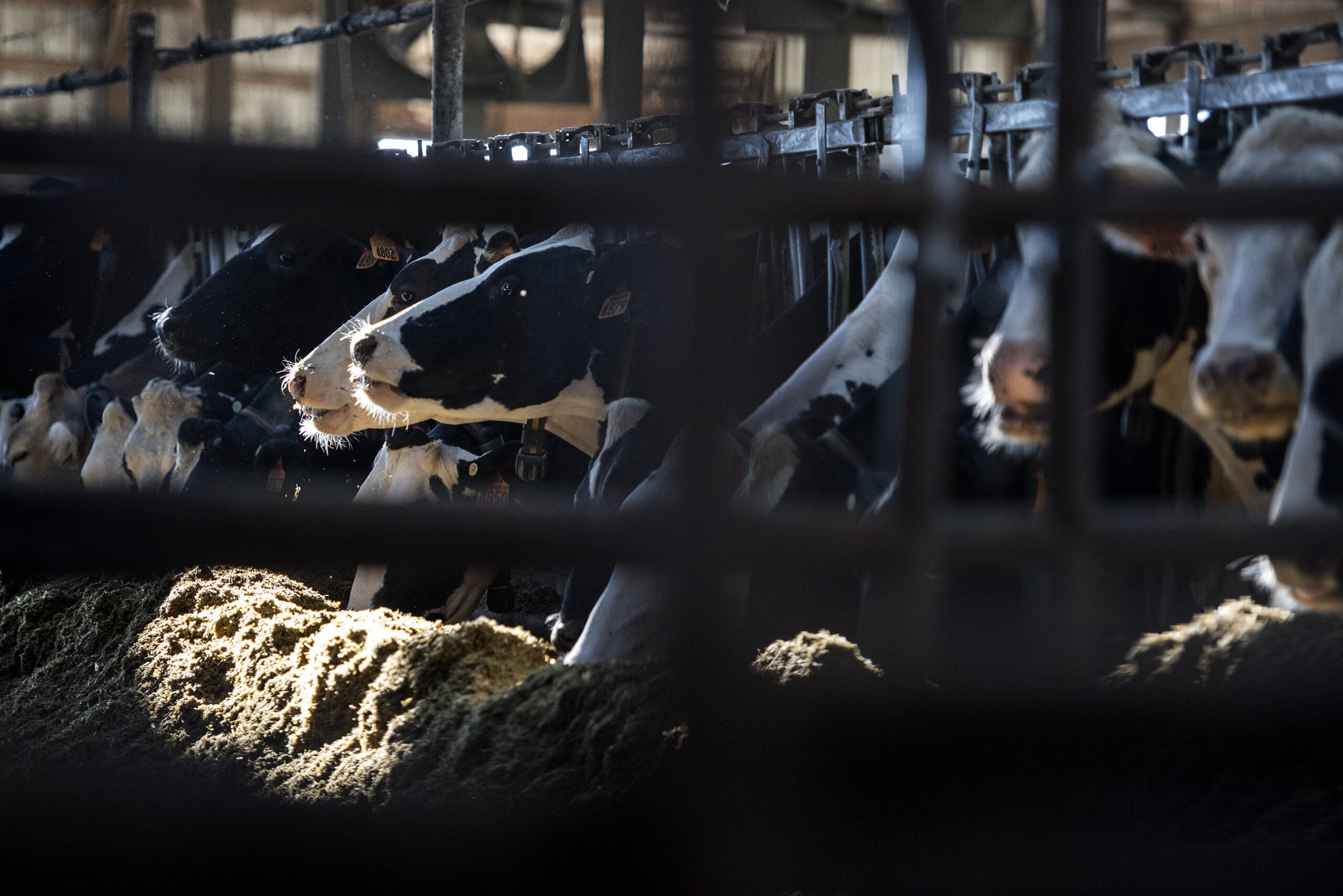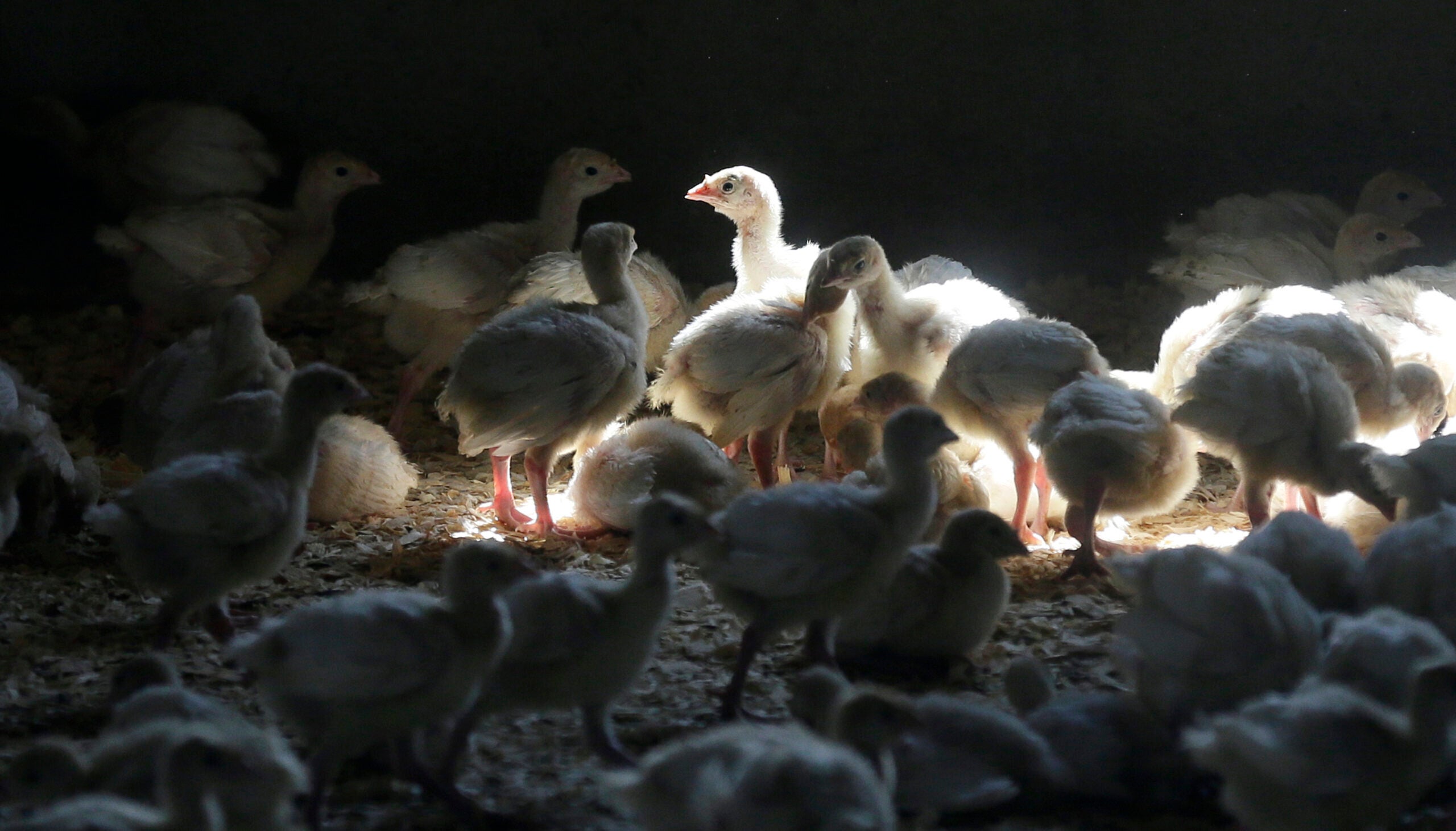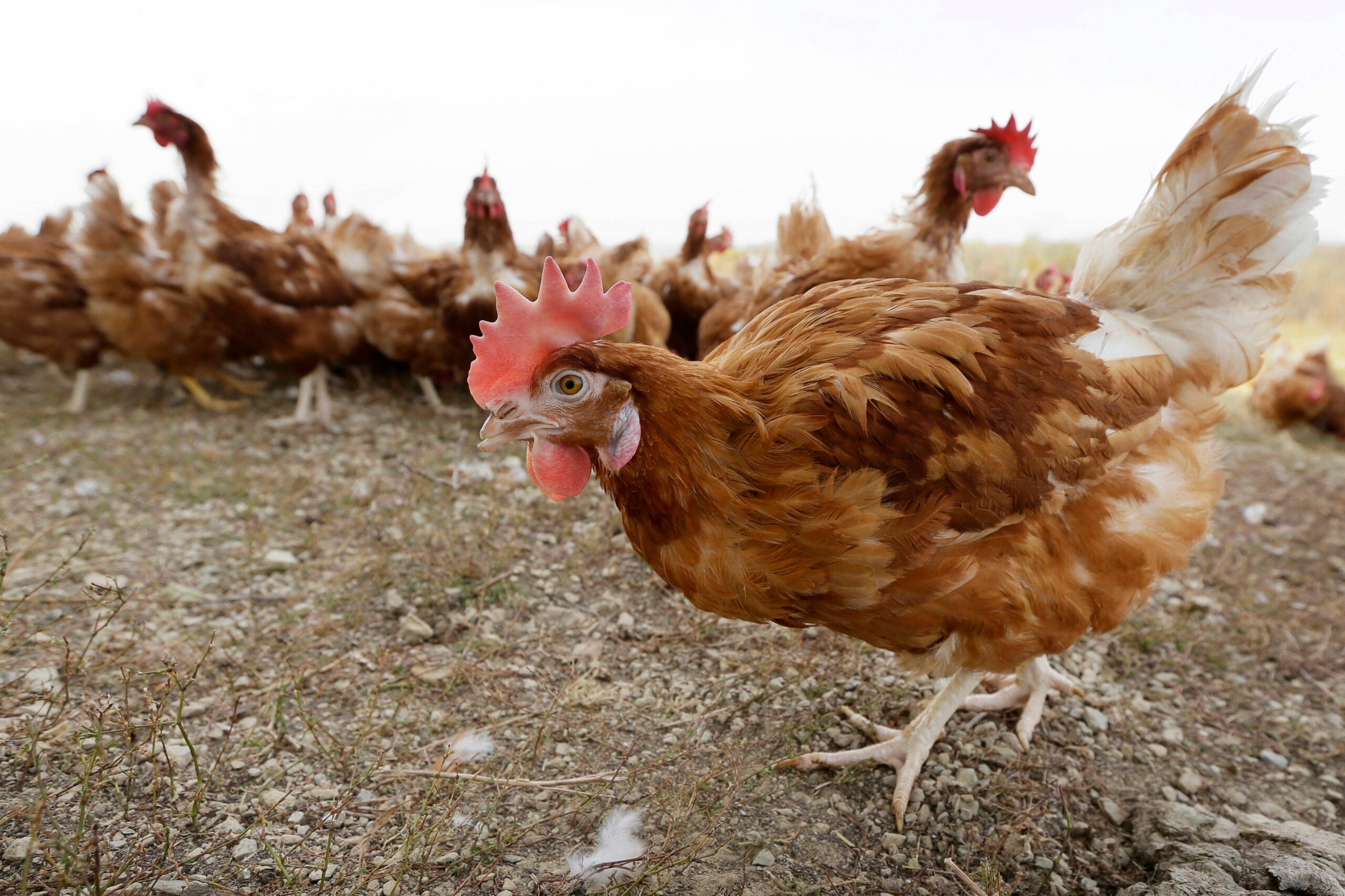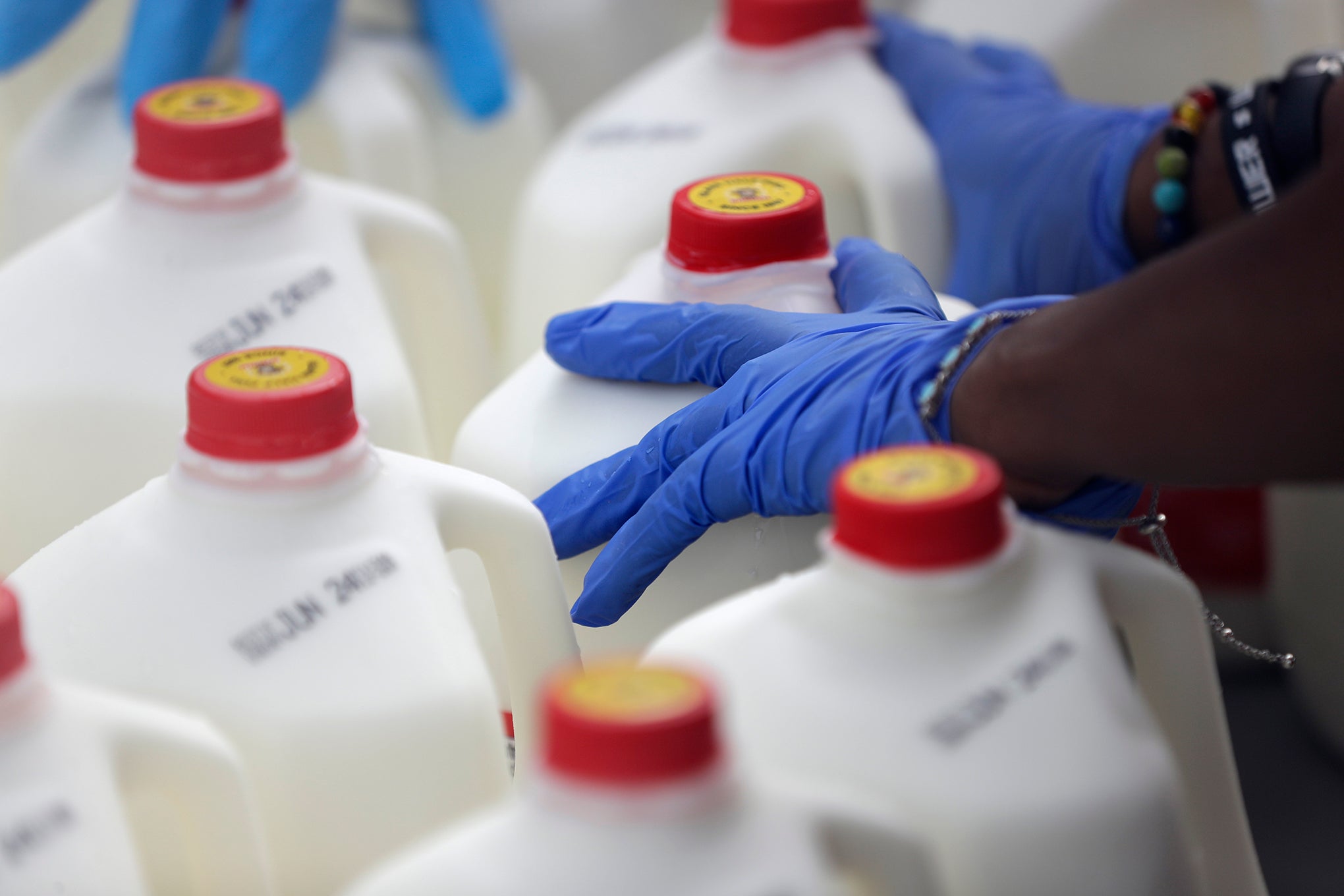Wisconsin’s county fair season is around the corner. This will be the second year that exhibitors are required to test some of their dairy cows for avian flu before participating.
Last June, the state Department of Agriculture, Trade and Consumer Protection required lactating dairy cattle to have a negative avian flu test within seven days of traveling to a fair, rodeo or exhibition. That order is still in effect for this year’s fair season.
Jayme Buttke, executive director of the Wisconsin Association of Fairs, said local fair leaders are better prepared this summer after only having a few weeks last year to understand testing protocols and how long it took to get the results back.
News with a little more humanity
WPR’s “Wisconsin Today” newsletter keeps you connected to the state you love without feeling overwhelmed. No paywall. No agenda. No corporate filter.
“They’re just going to use the same procedures going forward this year, and I think it’s going to be a nonissue,” Buttke said. “We know what to do.”
She said the risk of avian flu didn’t keep dairy farms from bringing heifers and calves to local and state events. But many fairs did see a decline in participation in their milking cow classes, especially at the beginning of the season.
Buttke said some exhibitors were unsure about the testing requirements, while others decided to sit out their county fair to make sure they could attend a larger show like the Wisconsin State Fair.
Keith Poulsen, director of the Wisconsin Veterinary Diagnostic Laboratory, said the impact was disappointing last year, especially given the amount of work exhibitors put into getting an animal ready for show.
“I’m hoping that with one year of experience under their belt, they feel more comfortable to be able to submit that testing and make sure that we have robust cow classes in these shows,” said Poulsen, whose lab processes all of the avian flu samples taken in the state. “It’s part of our culture, and we missed that last year.”
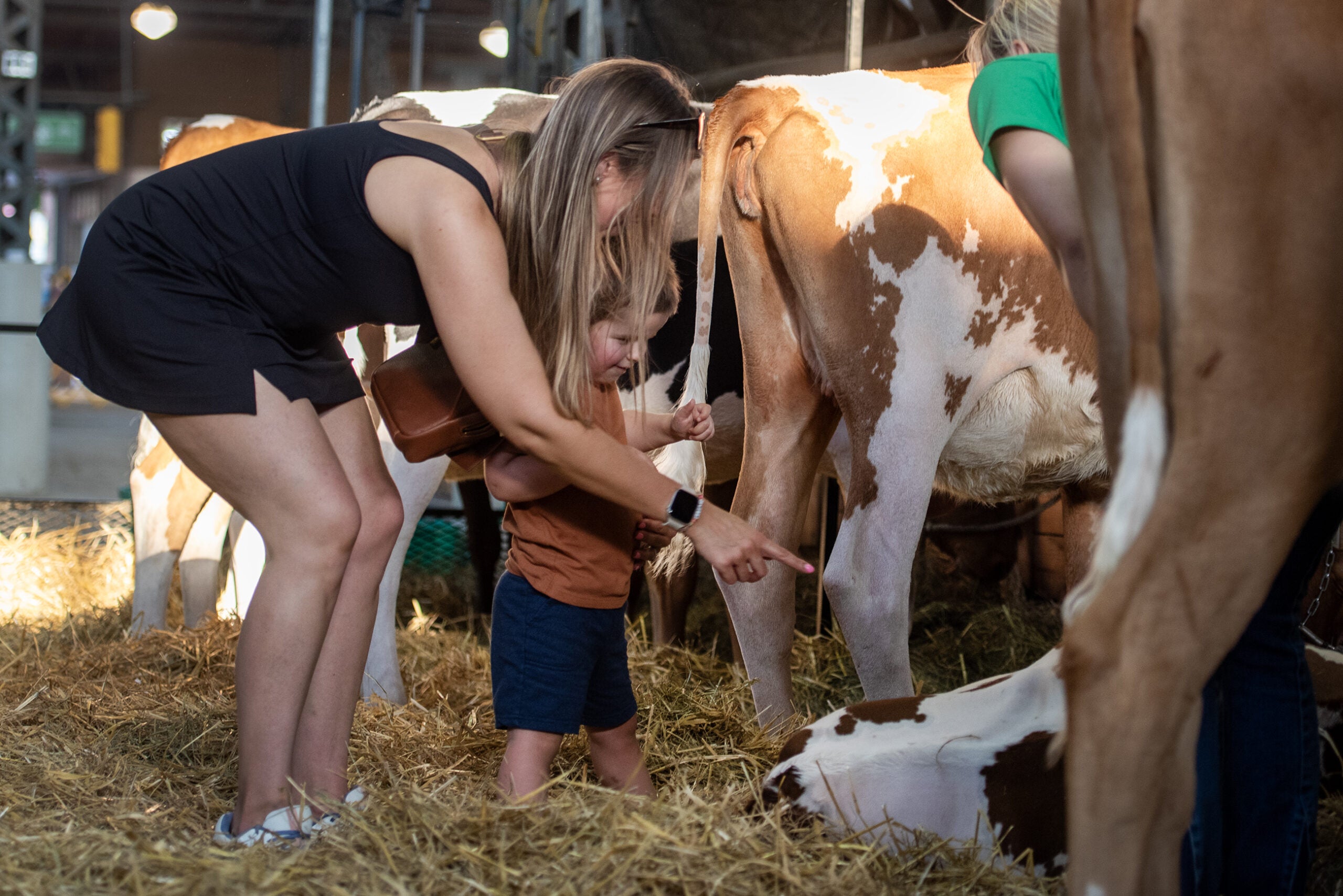
The amount of surveillance for the avian flu virus in Wisconsin and across the country has changed drastically since last summer. The state agriculture department began monthly milk sampling at farms in May as part of a federal testing strategy to eliminate the highly contagious virus.
Nearly 1,400 samples have been tested, according to the agency’s website, and none have shown signs of the virus.
Poulsen said state and federal officials have also clarified that dairy producers won’t be prevented from selling their milk even if the virus is detected on their farm because pasteurization has been shown to kill the virus. It’s a concern that he feels might have prompted many producers to avoid testing last summer.
“All of those myths, misinformation and disinformation have really been kind of answered,” he said. “I really hope that with all of the outreach that we’ve been doing now over the last year, that dairy producers understand that even with the detection, we would still pick up the milk because pasteurization is 100 percent effective.”
He said continuing to test individual animals before an event ensures that fairs and exhibitions remain safe while the virus continues to spread in states like Idaho and California.
Since the outbreak began in March of 2024, there have been nearly 1,100 confirmed cases in cattle across 17 states. Wisconsin has not had any detected cases in dairy cows, though the state has continued to find the virus in poultry and wild birds.
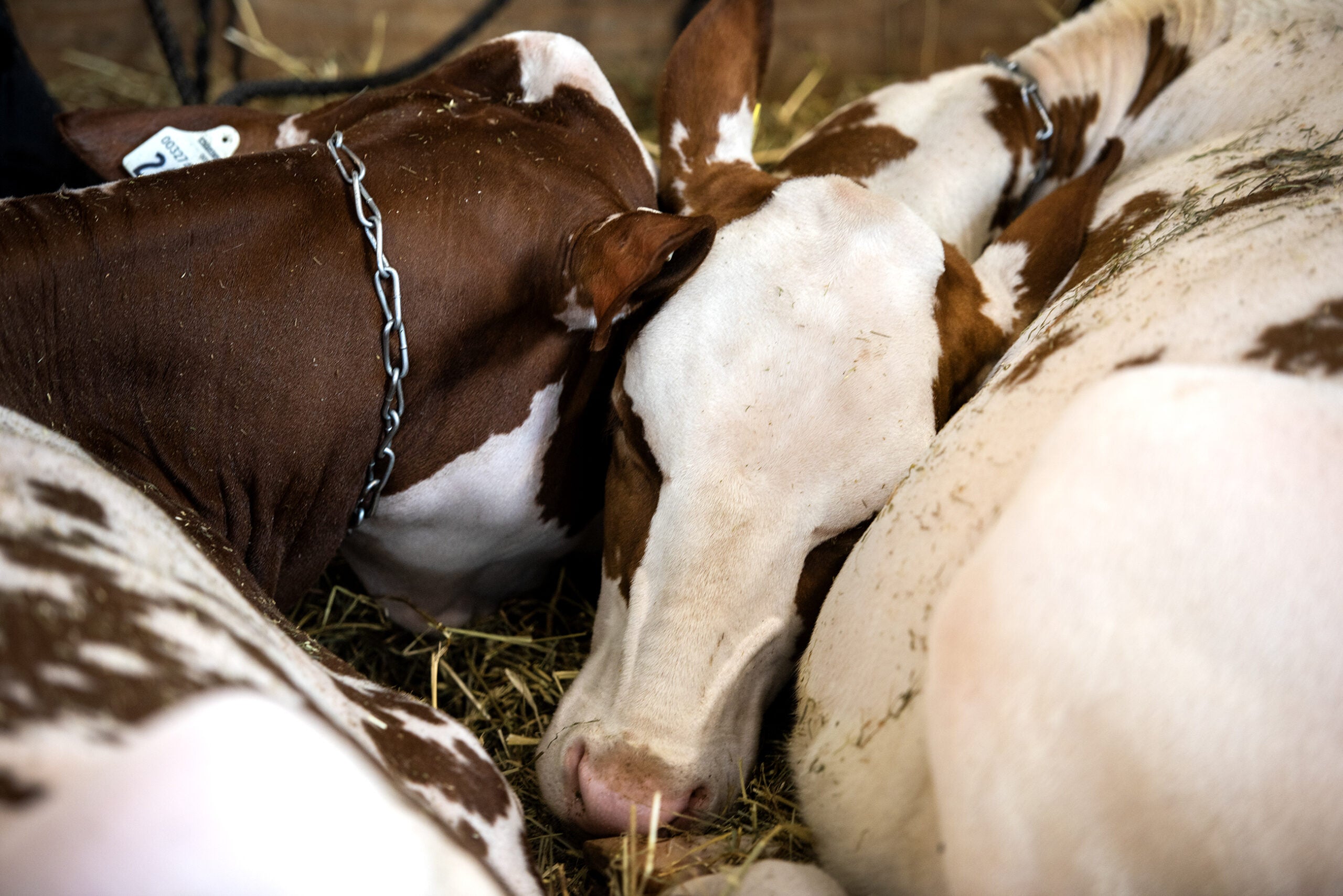
Wisconsin Public Radio, © Copyright 2026, Board of Regents of the University of Wisconsin System and Wisconsin Educational Communications Board.

